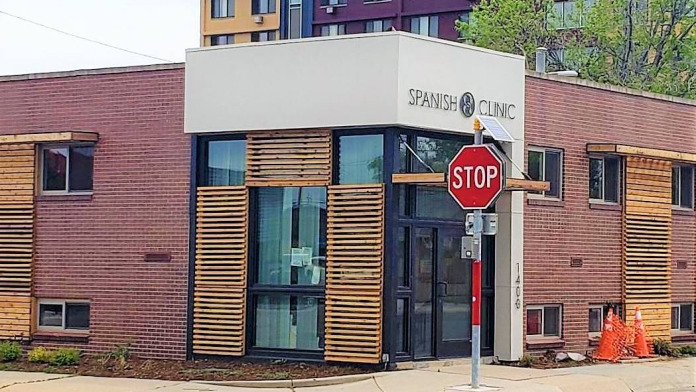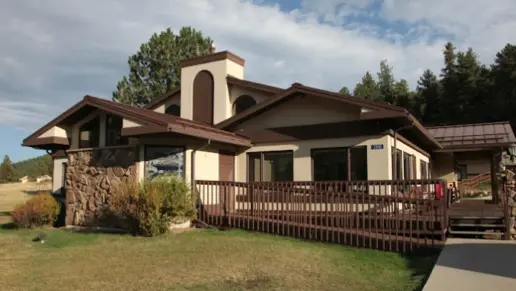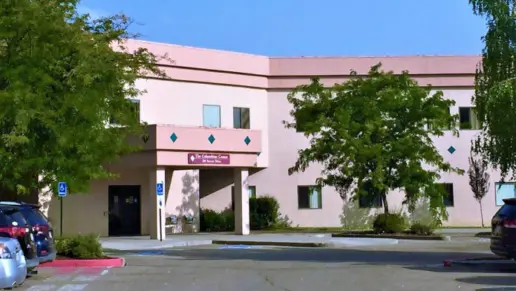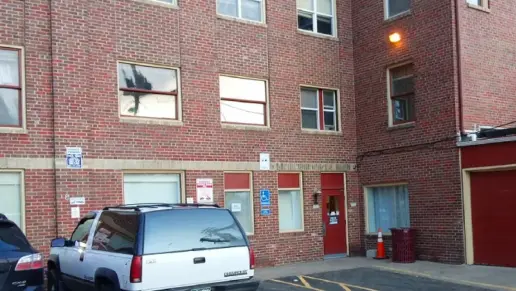About Spanish Clinic – 39th Avenue
Spanish Clinic - 39th Avenue is located in Denver, Colorado. They provide substance abuse, recovery, and violence treatment, plus supervised parenting and mental health services for those of all ages who speak Spanish and English. Some services or programs may only be available for Spanish speakers. They accept Medicaid and personal payments for their services.
Clients are typically referred here from social services, probation departments and schools; however, they also accept patients who come in on their own. They provide substance abuse treatment programs, recovery planning and relapse prevention for adults. They also specialize in DWAI and DUI education, domestic violence programs and anger management workshops for adults. For substance abuse and addiction treatment, they do onsite urinalysis monitoring. They also offer a Caring Dad’s Program which helps fathers who have mistreated their children in the past understand how to maintain a healthier relationship with their family.
One unique service that sets the Spanish Clinic apart is its MRT program. MRT stands for moral reconation therapy. It’s a cognitive behavioral treatment program for criminal offenders to help distinguish between making right and wrong decisions.
Some past clients at the Spanish Clinic have recommended this center due to its bilingual culture and affordable cost. Others have said the staff are doing the best job possible and are respectful.
 Payment Options
Payment Options
Medicaid
Private insurance
Self-pay options
Sliding scale payment assistance
 Levels of Care
Levels of Care
 Outpatient
Outpatient
Outpatient Programs (OP) are for those seeking mental rehab or drug rehab, but who also stay at home every night. The main difference between outpatient treatment (OP) and intensive outpatient treatment (IOP) lies in the amount of hours the patient spends at the facility. Most of the time an outpatient program is designed for someone who has completed an inpatient stay and is looking to continue their growth in recovery. Outpatient is not meant to be the starting point, it is commonly referred to as aftercare.
 Medically Assisted Detox
Medically Assisted Detox
Drug and alcohol addiction often takes a heavy toll on one's body. Over time, a physical dependence can develop, meaning the body physiologically needs the substance to function. Detox is the process of removing drugs and/or alcohol from the body, a process that can be lethal if mismanaged. Medical detox is done by licensed medical professionals who monitor vital signs and keep you safe, healthy, and as comfortable as possible as you go through detox and withdrawal.
 Intensive Outpatient
Intensive Outpatient
Intensive Outpatient Programs (IOP) are for those who want or need a very structured treatment program but who also wish to live at home and continue with certain responsibilities (such as work or school). IOP substance abuse treatment programs vary in duration and intensity, and certain outpatient rehab centers will offer individualized treatment programs.
 Programs
Programs
 Adolescence program
Adolescence program
 Adult program
Adult program
 Postpartum program
Postpartum program
 Program for men
Program for men
 Program for women
Program for women
 Insurance
Insurance
Our Policy: Spanish Clinic – 39th Avenue works with several private insurance providers and also accepts private payments when possible, please contact us to verify your specific insurance provider.

 Treatment
Treatment
 Alcoholism
Alcoholism
The goal of treatment for alcoholism is abstinence. Those with poor social support, poor motivation, or psychiatric disorders tend to relapse within a few years of treatment. For these people, success is measured by longer periods of abstinence, reduced use of alcohol, better health, and improved social functioning. Recovery and Maintenance are usually based on 12 step programs and AA meetings.
 Drug Addiction
Drug Addiction
Professional services are often necessary to recover from addiction. Drug rehab in Colorado provides the expert services needed to address the complex issues of addiction and help individuals start their recovery journey.
 Dual Diagnosis
Dual Diagnosis
Many of those suffering from addiction also suffer from mental or emotional illnesses like schizophrenia, bipolar disorder, depression, or anxiety disorders. Rehab and other substance abuse facilities treating those with a dual diagnosis or co-occurring disorder administer psychiatric treatment to address the person's mental health issue in addition to drug and alcohol rehabilitation.
 Opioid Addiction
Opioid Addiction
Opioid rehabs specialize in supporting those recovering from opioid addiction. They treat those suffering from addiction to illegal opioids like heroin, as well as prescription drugs like oxycodone. These centers typically combine both physical as well as mental and emotional support to help stop addiction. Physical support often includes medical detox and subsequent medical support (including medication), and mental support includes in-depth therapy to address the underlying causes of addiction.
 Substance Abuse
Substance Abuse
Substance rehabs focus on helping individuals recover from substance abuse, including alcohol and drug addiction (both illegal and prescription drugs). They often include the opportunity to engage in both individual as well as group therapy.
 Clinical Services
Clinical Services
 Group Therapy
Group Therapy
Group therapy is any therapeutic work that happens in a group (not one-on-one). There are a number of different group therapy modalities, including support groups, experiential therapy, psycho-education, and more. Group therapy involves treatment as well as processing interaction between group members.
 Trauma Therapy
Trauma Therapy
Trauma therapy addresses traumatic incidents from a client's past that are likely affecting their present-day experience. Trauma is often one of the primary triggers and potential causes of addiction, and can stem from child sexual abuse, domestic violence, having a parent with a mental illness, losing one or both parents at a young age, teenage or adult sexual assault, or any number of other factors. The purpose of trauma therapy is to allow a patient to process trauma and move through and past it, with the help of trained and compassionate mental health professionals.



